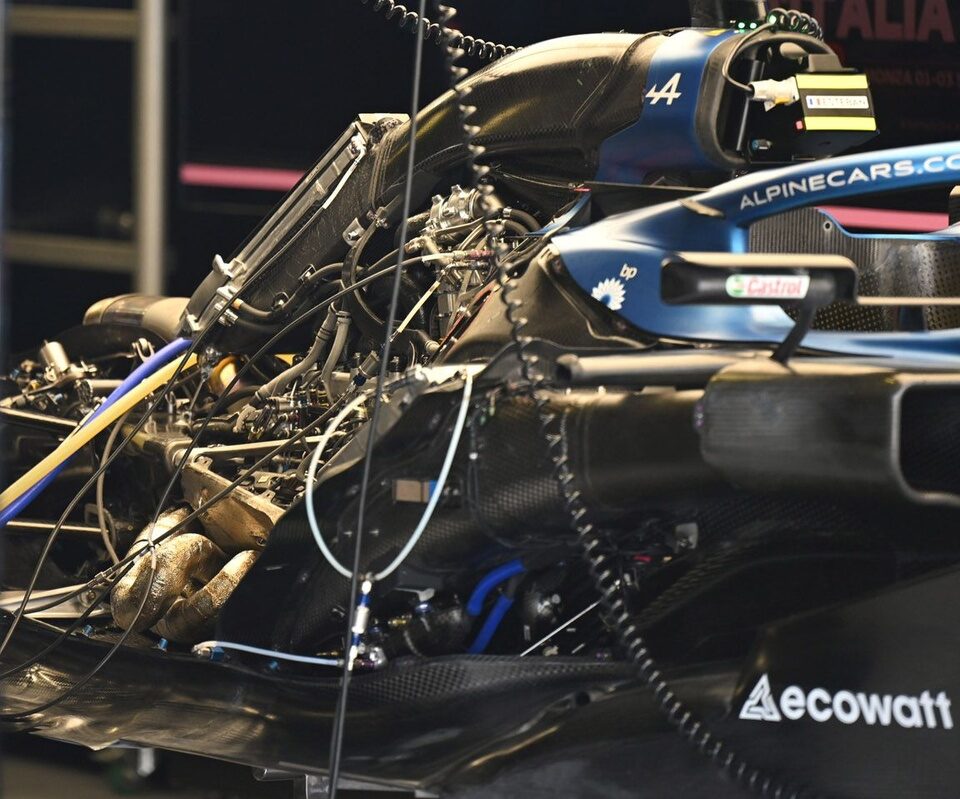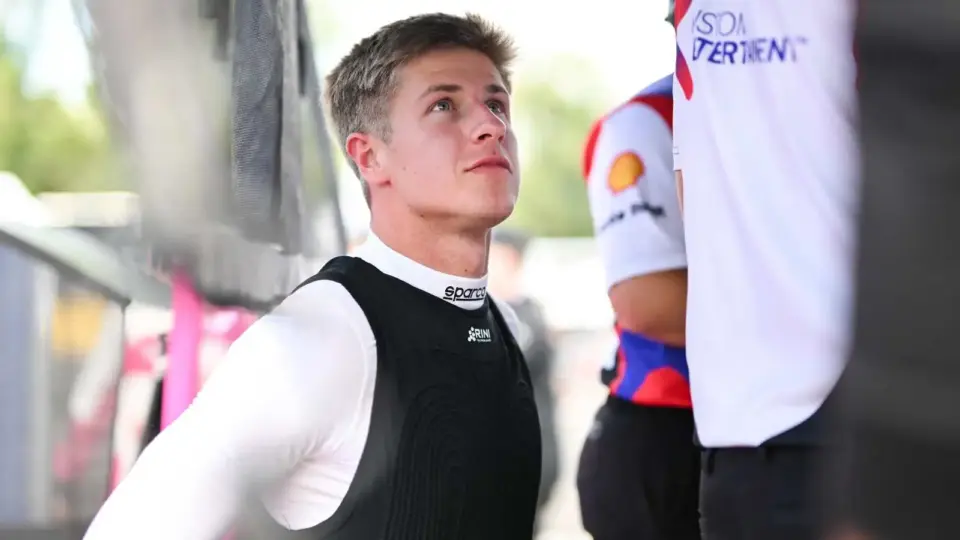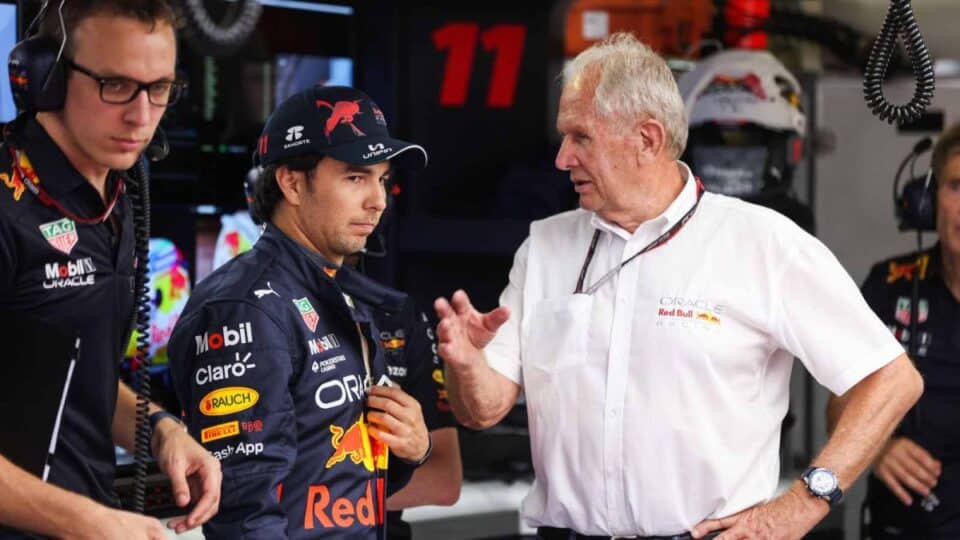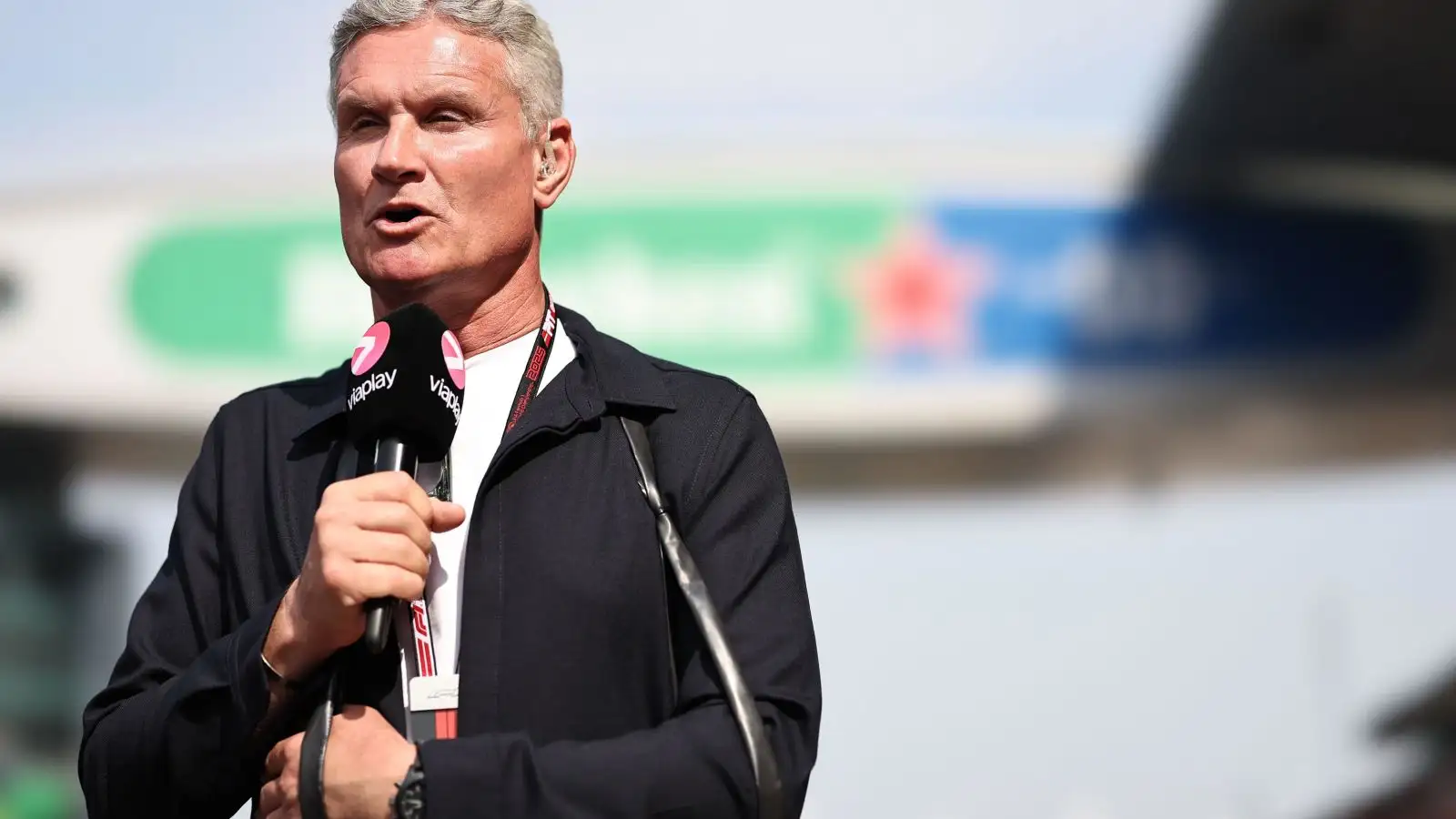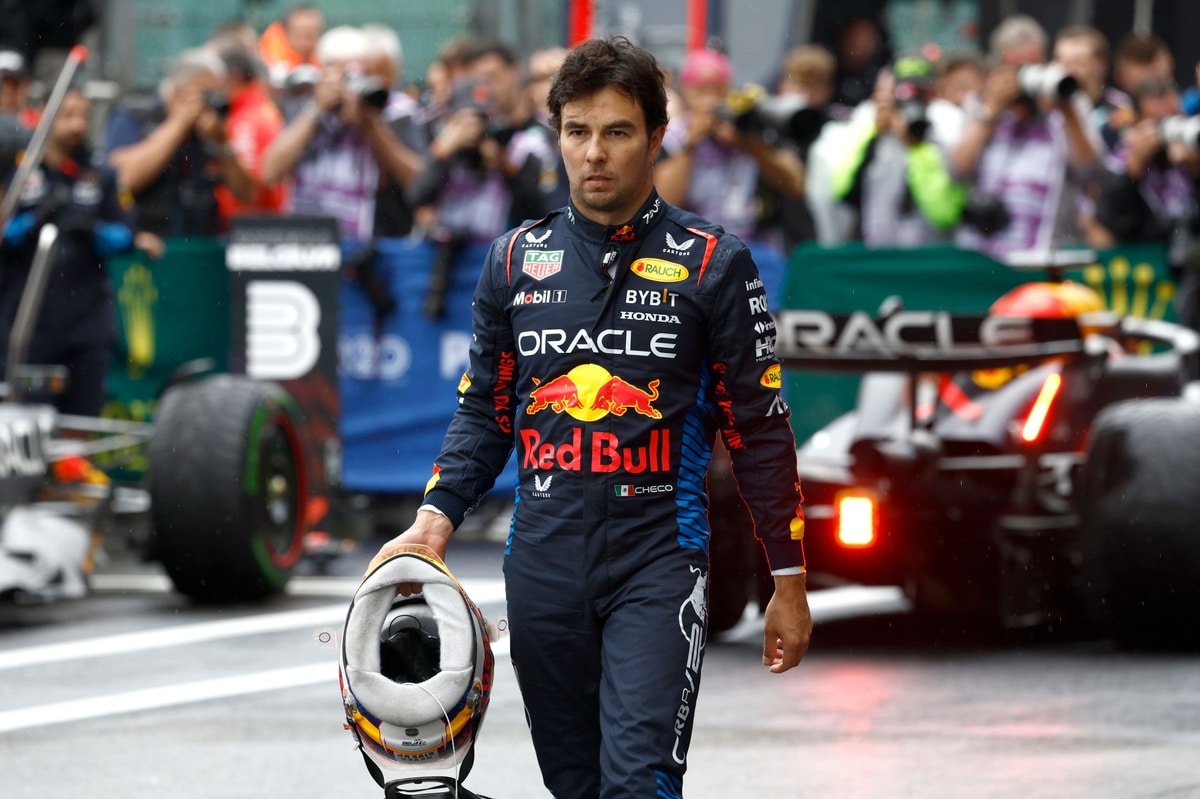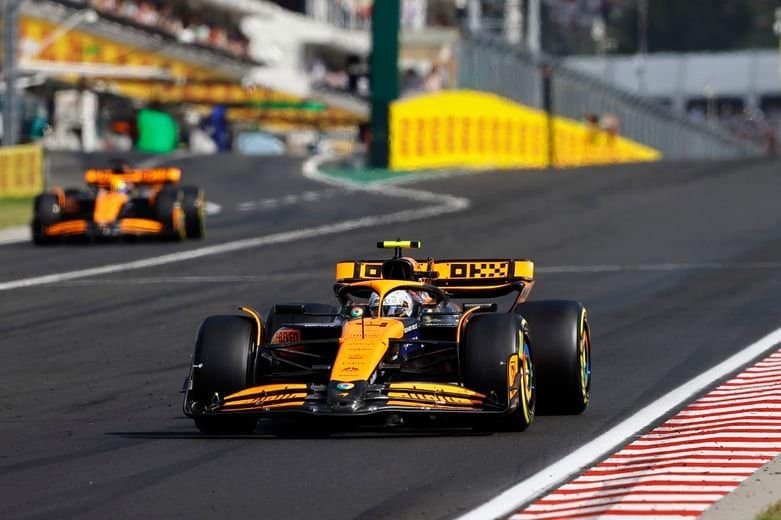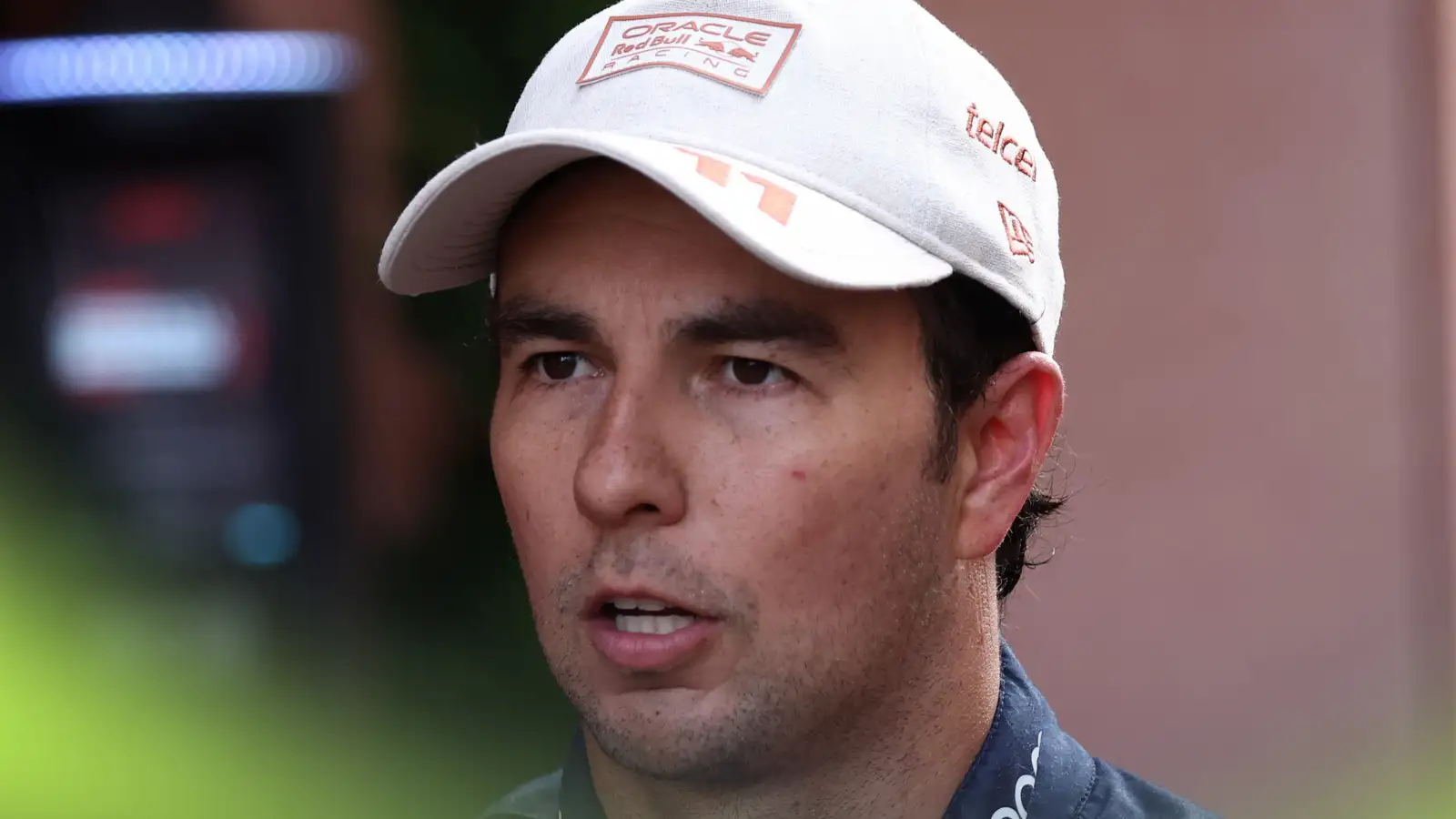More information has emerged about Renault’s Formula 1 engine project and the significant changes on the horizon. Discussions have been bubbling behind the scenes about Renault’s shift from manufacturing its own F1 engines to potentially becoming a customer team, with an agreement with Mercedes seemingly on the table.
Progress accelerated this week as it was disclosed that Renault’s Viry-Chatillon and Enstone factories were presented with an evaluation study exploring the future of their engine division. This study suggests a shift away from Formula 1, focusing on emerging technologies such as hydrogen to secure Renault’s future.
Bruno Famin, Alpine’s outgoing team principal, explained the strategy. The proposal involves reallocating resources from developing their own F1 power unit to new technologies for the brand. Alpine F1 would then purchase a power unit instead of developing it in-house, allowing more resources to be directed towards the brand’s growth.
It’s no secret that maintaining a competitive engine program in F1 is a costly endeavor. Financial and competitive pressures have pushed Renault to rethink its strategy. Despite advances, their engines haven’t always put them ahead, reinforcing the decision to move away from in-house development. However, Famin emphasized that their new project is not due to lagging progress but a strategic move for future development.
The cost-benefit ratio has shifted for manufacturers producing their engines. Most gains from owning an engine unit are now theoretical as collaborations between manufacturers and teams have optimized installations. Famin believes integrating another top engine, like those from Ferrari or Mercedes, would offer minimal differences.
Renault’s decision aligns with broader strategies to optimize resources for developing the Alpine brand. Famin reiterated that the F1 project remains crucial for Alpine, but resources are better spent on other growth areas.
As for timelines and processes, the evaluation period’s completion depends on trade union representatives’ feedback in France, ranging from a week to two months. Labor laws are stringent, but Famin assured no jobs would be lost. Every employee will be offered new roles, minimizing the potential impact of the transition.
Speculation has suggested Renault’s move could facilitate a future sale of the Alpine team by simplifying the operation for potential investors. However, Renault CEO Luca de Meo and Famin have denied intentions of selling, emphasizing F1’s role in global brand awareness and development.
Renault’s pivot away from manufacturing its own F1 engines represents a strategic shift, driven by competitive, financial, and brand optimization factors. While the timelines remain fluid, and labor negotiations continue, the end goal is clear: to better allocate resources for the Alpine brand’s future while maintaining a strong presence in Formula 1.
